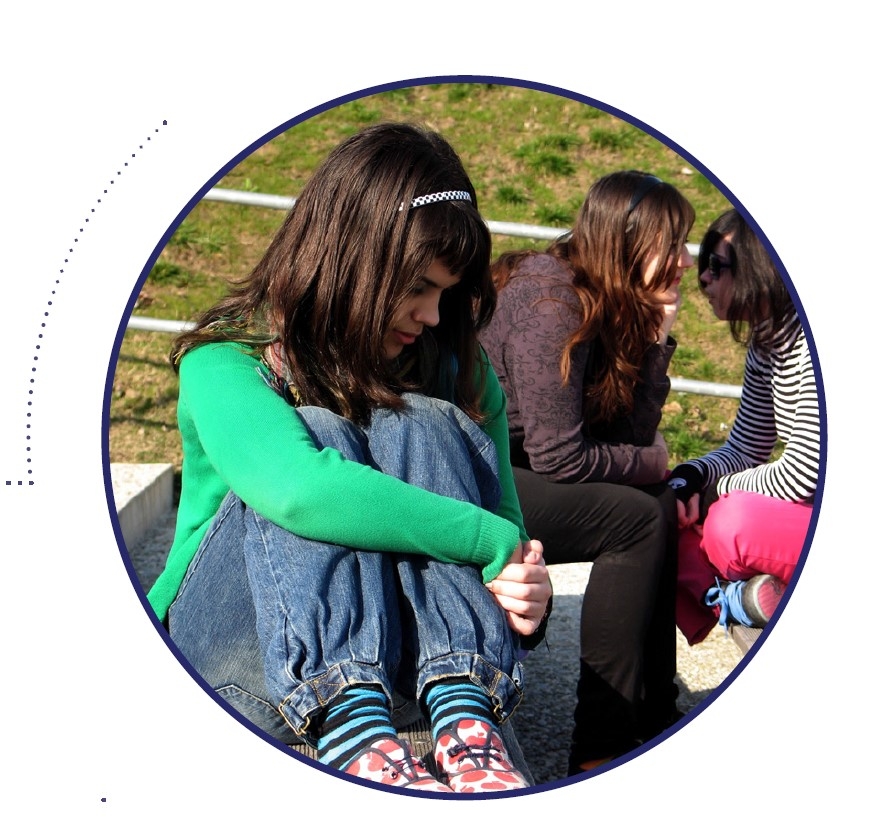Learning in Families Together: School-Age Children and Bullying
ID
FCS-56P
EXPERT REVIEWED

Bullying is when a child is the target of repeated negative actions by someone else.
Parenting Tips
- Young children are naturally self-centered, meaning that they don’t understand others’ feelings. Hurtful remarks are part of conflict at any age.
- Recognize when it is true bullying. A quarrel or a one-time fight is not bullying. In bullying, the bully repeatedly displays more power than the victim does.
- A boy who is a bully at age 8 is three times more likely to be convicted of a crime by age 30 and less likely than others to finish college and locate a good job. Girls who bully are more likely to raise children who bully.
- Cyberbullying — when hurtful texting, email, embarrassing photos, and rumors are posted is a growing concern.
Together Time
Parents should stop bullying before someone gets hurt. Take children’s complaints of bullying seriously. Listen.
Encourage children to talk about school, social events, other kids in class, and the walk or ride to and from school so you can identify any problems they may be having.
Children can learn to bully. Don’t bully your children physically or verbally. Do not yell at or ignore your children when they misbehave. Praise their kindness toward others. Let them know that kindness is valued.
Explore safe ways to use technology. Know where kids visit online. “Friend” your child on social media but manage any difficulties offline.
Set limits for technology usage. See stopbullying.gov for more information.
Teaching Time
Teach children bully-prevention strategies, including:
- Ignore the bully.
- Pretend not to hear what they say.
- Walk away quickly.
- Use body language to look strong.
- Shout, “Go away!” as loudly as possible.
- Always tell a trusted adult if you are bullied.
Learning Time
Watch for symptoms that your children may be bullying victims; withdrawal, a drop in grades, torn clothing, or a need for extra money or supplies may be signs.
- Tell the school or organization immediately if you think your child is being bullied so that adults can monitor the activities.
- Work with other parents to ensure that neighborhood children are supervised closely on their way to and from school.
Virginia Cooperative Extension materials are available for public use, reprint, or citation without further permission, provided the use includes credit to the author and to Virginia Cooperative Extension, Virginia Tech, and Virginia State University.
Virginia Cooperative Extension is a partnership of Virginia Tech, Virginia State University, the U.S. Department of Agriculture (USDA), and local governments, and is an equal opportunity employer. For the full non-discrimination statement, please visit ext.vt.edu/accessibility.
Publication Date
April 6, 2021



